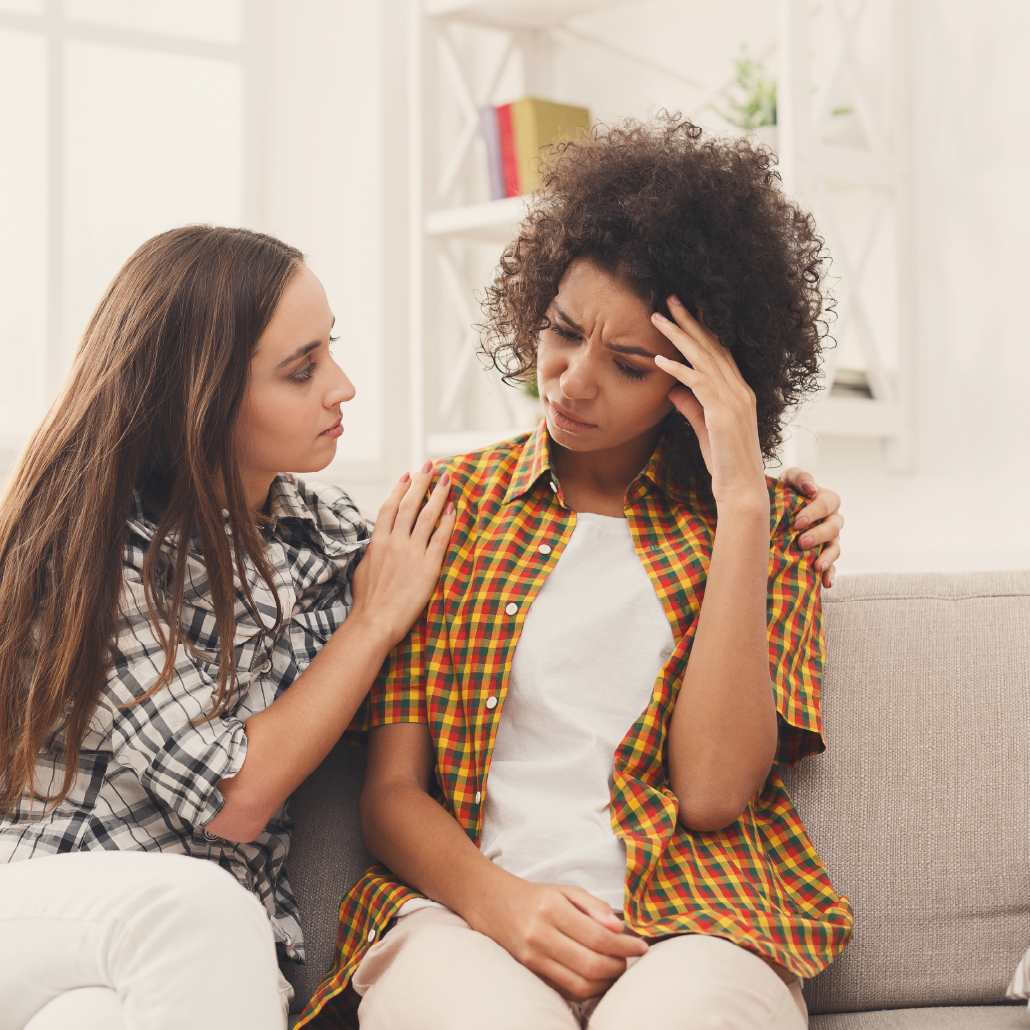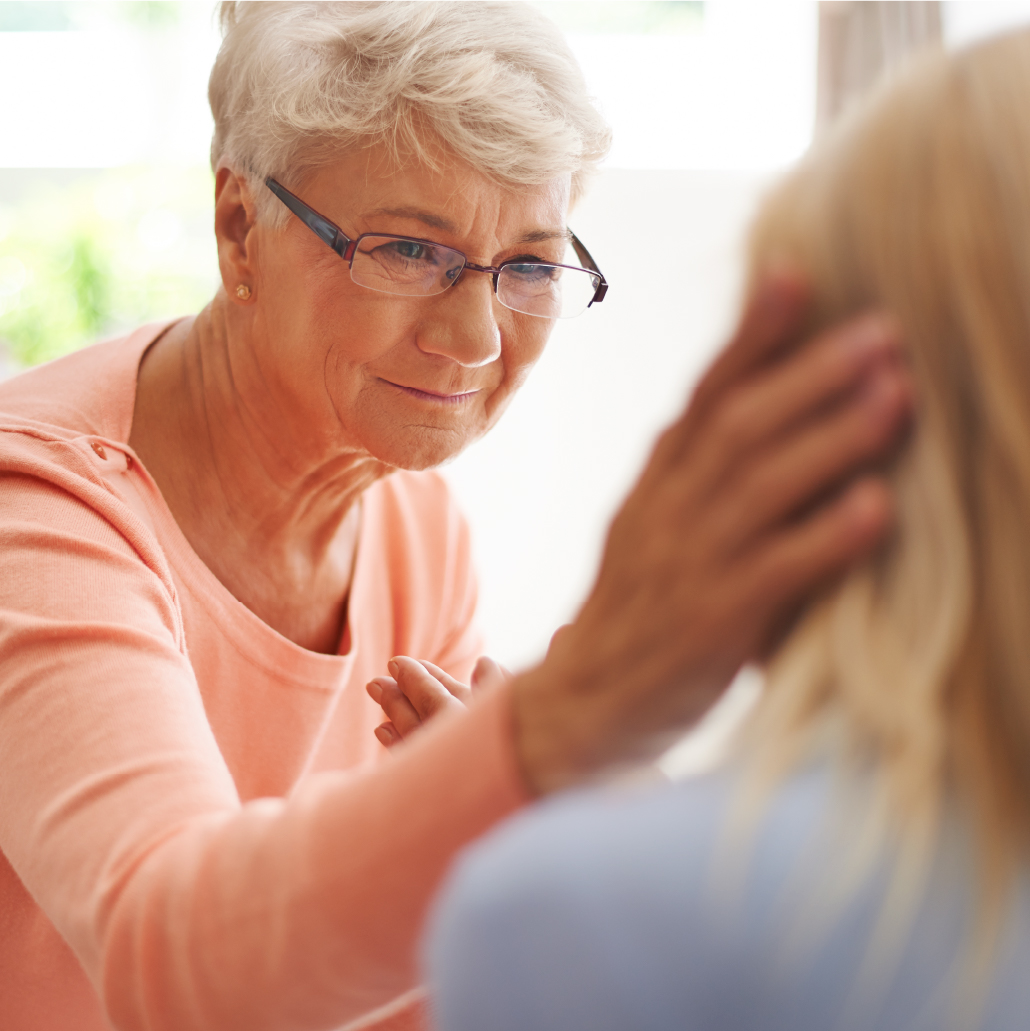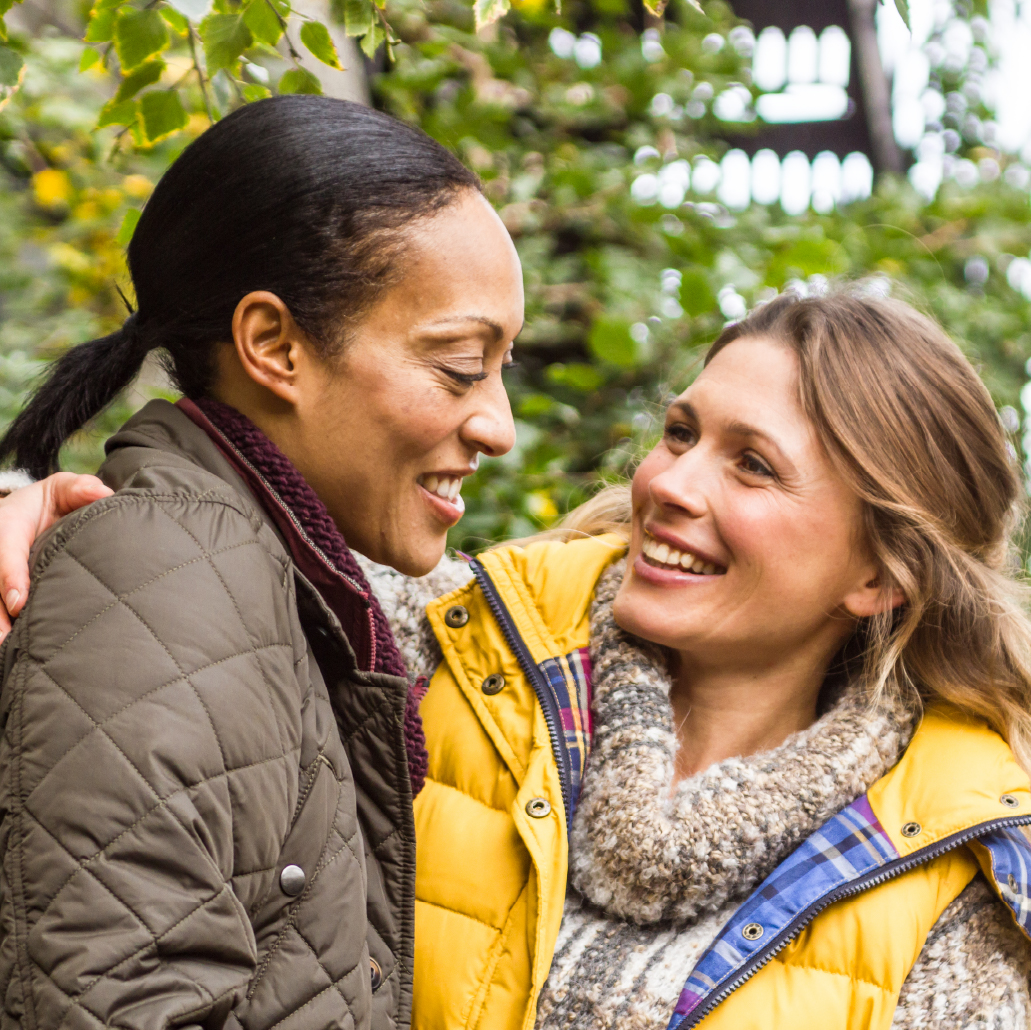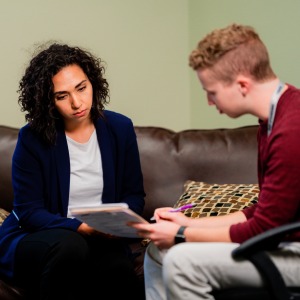5 Ways to Support a Loved One
Don’t Be Afraid to Bring it Up
Ask your friend or family where she/he will feel comfortable talking, keeping in mind privacy and safe locations.
Acknowledge their Situation
Let this person know it is not his/her fault. The responsibility lies with the person who has hurt them. Let them know that it is okay to feel hurt, sad, humiliated, etc. Give them a chance to vent their feelings.
Validate their Experience
Let your friend know that you are concerned for their physical and emotional safety and if they have children, that you are concerned for their children as well.
Provide Resources
Encourage him/her to call CAPSA (or their local domestic violence support center) to discuss a safety plan and learn about community resources. The National Domestic Violence Hotline is 1-800-799-7233. If you or someone else is in immediate danger, or in an emergency, call 9-1-1 immediately.
Respect their Choice
Victims of domestic violence may return to the abusive relationship many times. Do not abandon him/her, (although it may be discouraging). Never let your friend believe that he/she has lost their chance to come to you for help again, if needed.











